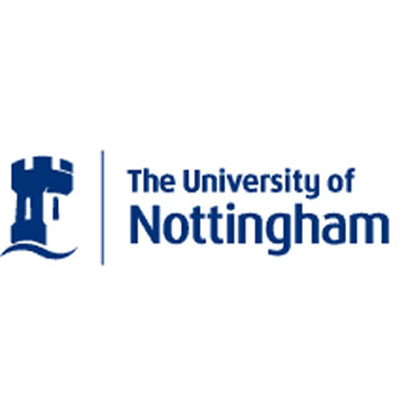
The BEng and MEng degree programmes have common first and second years, with all students following the same course of study for two years. At the end of your second year you can choose to continue for either a three-year BEng degree, or four-year MEng degree.
Both the BEng or MEng option will provide you with the same core skills but by choosing to study for the MEng you will undertake a more substantial project with greater opportunity for specialisation and experience of research methods. We strongly recommend this MEng route if you wish to pursue an engineering career.
Your first year will introduce you to the core disciplines and the context of civil engineering. You will gain an understanding of engineering design through group project work which includes conceptual design of a bridge, station, tower or other structure. You will also undertake a residential surveying field course where you will work on group exercises in surveying, mapping and setting out.
Alongside further optional modules, your understanding of core subjects will be developed in more depth during your second year. To help you see the application of your studies, you will undertake a year-long project that follows the design of a civil engineering project from initial concepts through to detailed design.
In your third year you will further develop your knowledge of core subjects. If you are studying for the BEng, you will choose a project in your preferred discipline and plan a detailed investigation. Typically projects involve laboratory experimentation, field investigations or computer modelling, and require data collection and analyses. If you study the MEng, you will undertake this in your fourth year.
In the fourth year of the MEng, you will be able to choose from a wide range of optional modules and undertake an individual design project. You will also complete a group design project, designing and planning a civil engineering project that aims to integrate all the disciplines covered on the course. Typical projects include water works, highway schemes, retail parks, residential complex development. Staff and visiting professionals provide guidance.
Our Foundation courses give you another way to study for an undergraduate degree.
| A level | BBB, including mathematics and physics, excluding general studies |
| IB Diploma | 30 points, including 5 points in mathematics (HL) and 5 points in physics (HL) |
| STPM | B+B+B+, including mathematics and physics, excluding Pengajian Am |
| UEC | 5 As, including mathematics, physics and chemistry, 2 Bs in 2 further academic subjects |
| SAM/AUSMAT/HSC | ATAR (UAI)/TER/ENTER 86 including mathematics, physics and chemistry |
| Canadian Pre-U | 85% average based on 6 subjects, including mathematics and science subjects |
| Foundation | Successful completion of all modules in the Nottingham Foundation in Engineering programme |
| IELTS: | 6.0 (no elements below 5.5) |
| TOEFL (iBT): | 79 (no elements below 19) |
| PTE (Academic): | 55 (minimum 51) |
| SPM: | grade B+ |
| GCE O-Level (1119): | grade C |
| GCSE/IGCSE: | grade C |
| UEC: | grade B3 |
| IB English A1 or A2 (SL or HL): | 4 points |
| IB English B HL: | 4 points |
| IB English B SL: | 5 points |
| IELTS and TOEFL test results must be less than 2 years old and all IELTS must be the academic version of the test. |
|
Other equivalent qualifications will be considered on a case-by-case basis.
The Foundation in Engineering is a 1+3 year programme that results in direct progression to the undergraduate degrees offered within the Faculty of Engineering. Modules on the programme aim to improve language and study skills as well as enhance understanding of mathematics and the physical sciences.
Students on this programme also chose from a range of elective modules that provide the opportunity to sample topics related to their chosen undergraduate pathway from thermal science or chemistry to electricity and magnetism.
Modules
Modules
Civil Engineering Design Project
Modules
Optional modules
Investigative Project (BEng only)
Modules
Civil engineers are needed all over the world in design, construction and management positions. By the end of the course, you will be equipped to embark on a career in civil engineering, or other disciplines that require numerate, problem-solving graduates, perfectly prepared to find employment across specialties including structural design, construction, geotechnical, water resources, transportation,and urban planning.
The MEng course is designed to produce graduates with leadership potential, providing the breadth and depth of knowledge to reach the top in their chosen career.
Source : The University of Nottingham